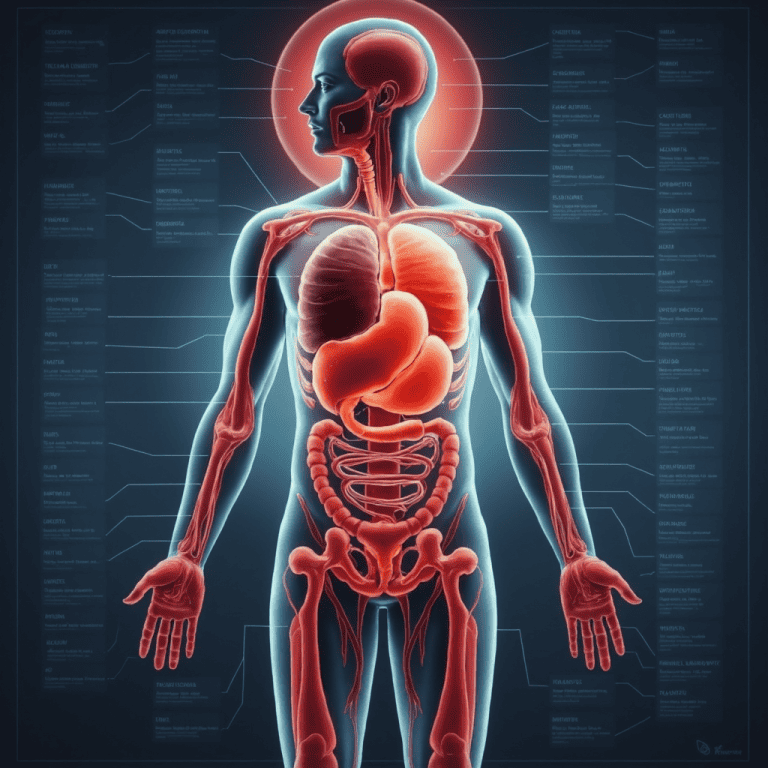Welcome to the online systemic circulation quiz ! This quiz will test your knowledge on how blood flows through your body to deliver oxygen and nutrients to all your organs and tissues.
Get ready to learn about the fascinating journey your blood takes as it travels from your heart to the rest of your body!
Systemic circulation is an essential part of your body’s circulatory system, ensuring that every cell gets the necessary nutrients and oxygen it needs to function properly. By understanding how systemic circulation works, you’ll gain a deeper appreciation for the incredible work your heart does every day.
So, let’s dive in and test your knowledge on this crucial aspect of human biology!
Play Systemic Circulation Quiz
What is the main function of systemic circulation
To deliver oxygen and nutrients to all cells in the body
To regulate blood pressure
To remove waste products from the lungs
To aid in digestion
Instructions
- This quiz is multiple choice.
- Read each question carefully before selecting an answer.
- Choose the best answer for each question.
- You will see the missed questions with correct answers at the end of the quiz.
- Quick Facts
- Downloads
- Study Tips
Quick Facts
- The process in which blood is pumped from the heart to the rest of the body is known as systemic circulation.
- Systemic circulation delivers oxygen and nutrients to all the organs and tissues in the body.
- Blood travels from the heart through arteries to the organs, then returns to the heart through veins in systemic circulation.
- This circulation is essential for maintaining the body’s overall health and function.
- The heart plays a crucial role in systemic circulation by pumping oxygen-rich blood to the body’s cells.
- Without proper systemic circulation, organs and tissues in the body would not receive the necessary oxygen and nutrients to function properly.
- Systemic circulation also helps remove waste products and carbon dioxide from the body’s cells.
- Blood vessels, including arteries and veins, play a key role in systemic circulation by carrying blood to and from the heart.
- The process of systemic circulation is controlled by the body’s circulatory system, which includes the heart, blood vessels, and blood.
- Maintaining a healthy lifestyle, including regular exercise and a balanced diet, can help support optimal systemic circulation.
